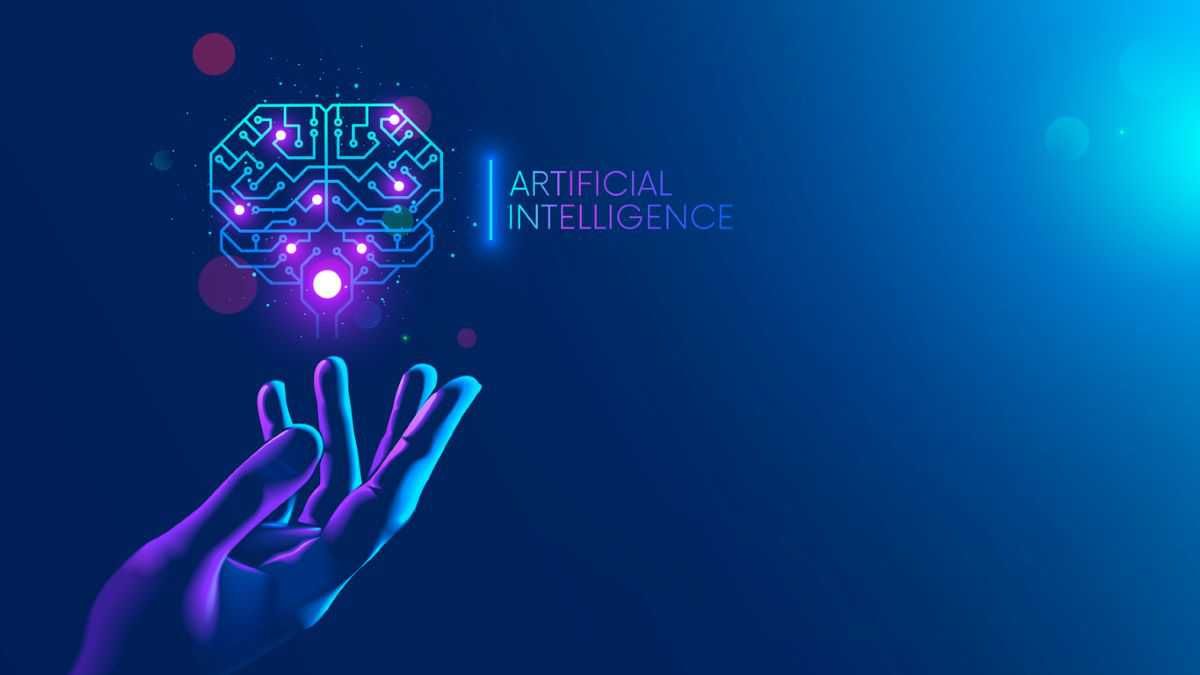Artificial Intelligence (AI) is a rapidly growing field that is transforming the way we live and work. As AI technologies become more advanced, there is an increasing debate about the relationship between AI and meaning. In this essay, I will explore the concept of meaning and its relationship with AI.
Meaning is a complex and multifaceted concept. At its core, meaning refers to the significance or purpose that we attach to things, events, and experiences. It is a fundamental aspect of human cognition and is closely tied to our ability to make sense of the world around us. Meaning can take many forms, including linguistic meaning, semantic meaning, cultural meaning, and personal meaning. It is a deeply subjective and context-dependent phenomenon that is shaped by our beliefs, values, and experiences.
AI, on the other hand, is a form of computer technology that is designed to simulate human intelligence. AI systems use algorithms, statistical models, and machine learning techniques to analyze data, recognize patterns, and make decisions. AI has the potential to transform many aspects of our lives, from healthcare and education to transportation and entertainment. However, as AI becomes more advanced, there is a growing concern about its impact on human meaning.

One of the main challenges of AI and meaning is the fact that AI systems are not capable of experiencing meaning in the same way that humans do. While AI can process vast amounts of data and perform complex calculations, it lacks the subjective experience of meaning that is essential to human cognition. This means that AI systems may struggle to understand the nuances of human language, culture, and experience.
Another challenge of AI and meaning is the potential for AI systems to undermine or distort human meaning. As AI becomes more pervasive in our daily lives, there is a risk that it will replace or diminish the importance of human meaning. For example, AI systems may prioritize efficiency and productivity at the expense of human values and goals, leading to a loss of meaning and purpose in our work and personal lives.
Despite these challenges, there are also opportunities for AI to enhance and enrich human meaning. For example, AI can be used to analyze large datasets and identify patterns that would be difficult or impossible for humans to detect. This can provide valuable insights into complex problems and help us to understand the world in new and meaningful ways. AI can also be used to create new forms of art and creative expression, pushing the boundaries of what is possible and expanding our understanding of what it means to be human.
In conclusion, the relationship between AI and meaning is complex and multifaceted. While AI has the potential to transform many aspects of our lives, it is important to consider the impact that it may have on human meaning. As we continue to develop and advance AI systems, we need to ensure that they are designed and used in ways that enhance human meaning and support our values and goals. This requires a deep understanding of the nature of meaning and its role in human cognition, as well as a commitment to ethical and responsible AI development. Ultimately, the relationship between AI and meaning will continue to evolve as technology advances and our understanding of human cognition deepens, but it is clear that this is a critical area of inquiry for the future of AI and its impact on human society.

Comments